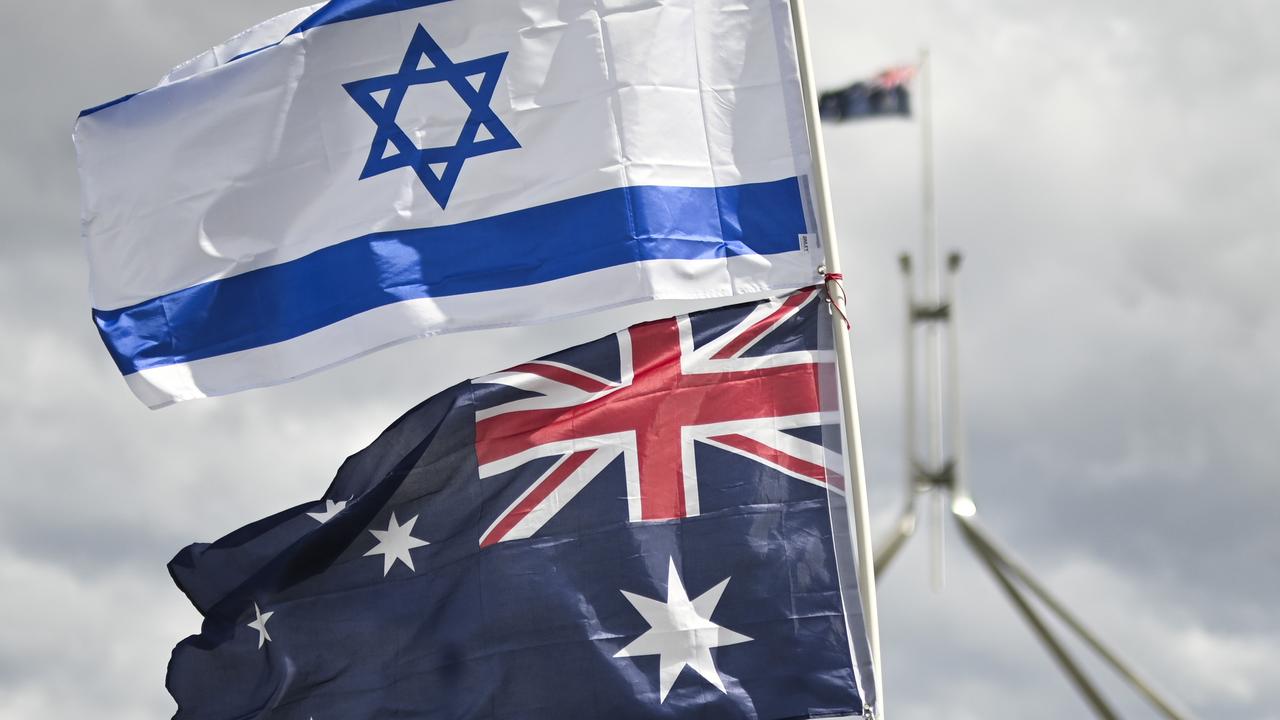Women in Saudi Arabia are finally allowed to drive after ban is lifted
FROM today, women in Saudi Arabia can legally drive a car as the world’s last ban on female drivers is lifted after 30 years.
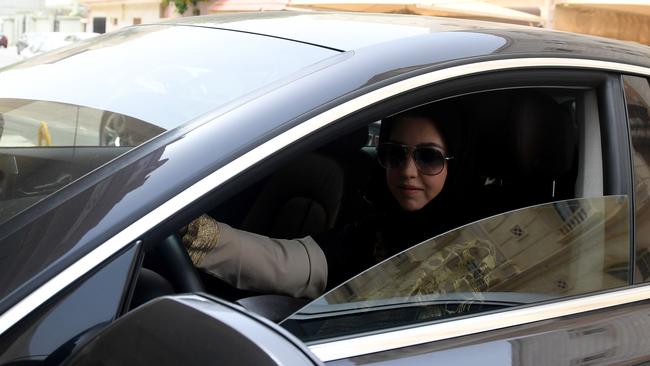
OUTSIDE a sprawling mall in the Saudi capital, Riyadh, young single men and women walk through an open-air exhibit where Saudi women and traffic police explain the ins and outs of handling a car.
Just four years ago, this government-sponsored event was an unthinkable scene in the deeply religious and socially conservative country.
But the most visible sign of change is coming Sunday, when women in Saudi Arabia will be allowed to drive, ending a ban that had stained the kingdom’s reputation globally, kept women subjugated in the back seat and hindered the full potential of the country’s economic growth.
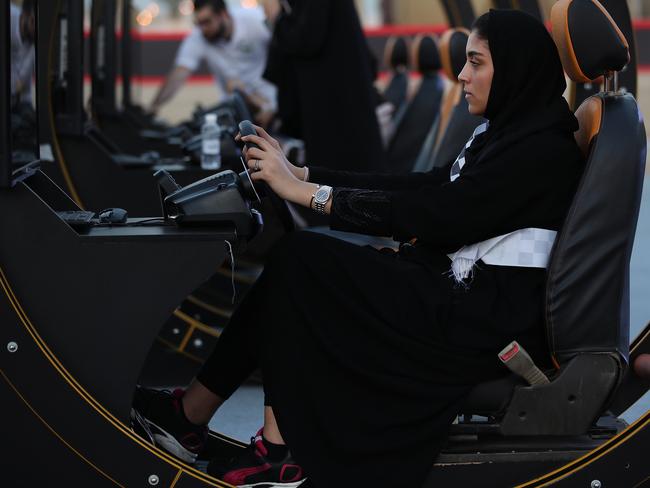
The move places Saudi women at the heart of a major transformation being spearheaded by the country’s Crown Prince Mohammed bin Salman. It also places women at the centre of a tug of war between those agitating for more openings and a religious majority that remains wary of changes that could be influenced by the West.
It was only a few years ago that religious police- known for their long beards and shorter white robes- enforced an austere interpretation of Islam that banned music of any kind in public. They could detain groups of unmarried men and women for simply standing around or sitting together.
They ensured restaurants and stores closed their doors for daily prayers and waved sticks at women who had their hair or face uncovered, shouting through microphones attached to the tops of their cars as they patrolled the streets.
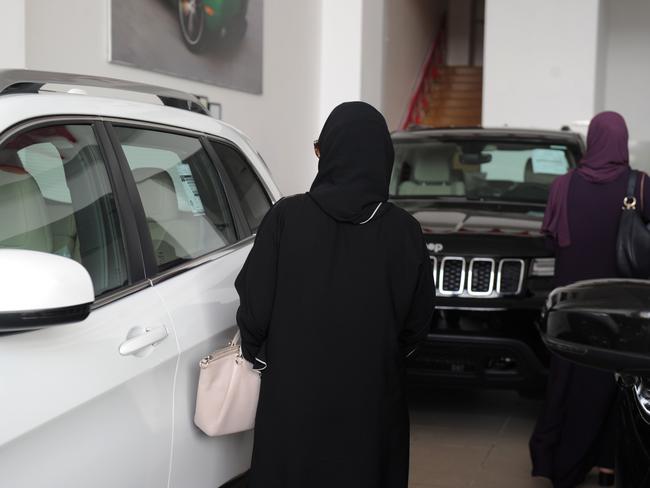
Unlike previous Saudi monarchs who took cautious, incremental steps to reform the country, King Salman has granted his 32-year-old son and heir, the crown prince, a free hand to usher in dramatic moves that are reshaping the country. Allowing musical concerts, opening movie theatres, easing restrictions on gender segregation and reigning in the powers of the religious police have all been signature reforms of the young prince.
He’s seen as the force behind the king’s decision to lift the longstanding ban on women driving this Sunday.
“I can say that Mohammed bin Salman, the crown prince, came at the right time. He is young and motivated,” said Lulwa al-Fireiji, speaking at Friday night’s event to encourage women to drive.
Al-Fireiji, 60, quickly clarified that while there was “nothing wrong” with previous Saudi rulers, now is the time for change.
“I will get a license, but I won’t drive right away because the elders are always scared. But the young people are motivated and we need at this time someone like Mohammed bin Salman — motivated, God bless him, and daring. He will move the country (forward) faster,” she said.
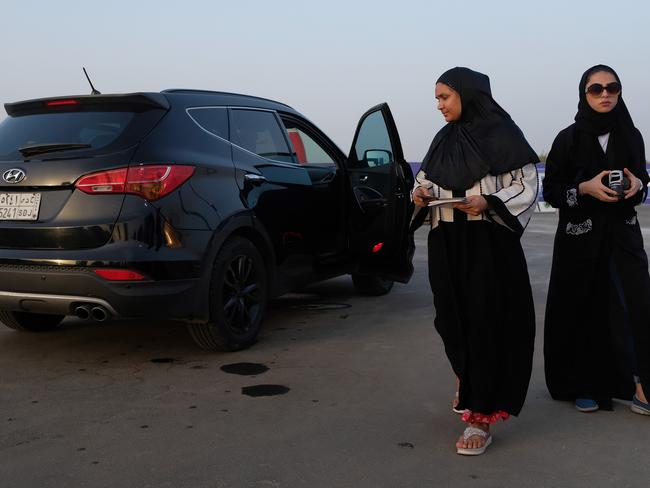
Granting women the right to drive is part of a wider blueprint for the future drawn up by the crown prince. In an era of sustained lower oil prices, the government is pushing Saudis to become less reliant on the government for jobs, handouts and subsidies. Some 70 per cent of Saudis who work are employed in the public sector and rely on the government for their wages.
Official statistics show that women make up the overwhelming majority of job seekers in Saudi Arabia and that around 34 per cent of Saudis seeking employment are between 25 and 29 years old.
The state alone cannot create enough public sector jobs to keep up with the pace of Saudis seeking work, so foreigners are being booted out of jobs at restaurants, banks, cell phone repair shops and many sales floors to make way for Saudis.
Companies are required to stack their workforce with a minimum number of Saudi nationals or face heavy fines.
To encourage two-income households, Saudi women are taking on jobs that were once reserved for men at lingerie shops and makeup stores. And Sunday, when they start driving, many will be able to get more easily to work and will no longer need to hire drivers, who often hail from India and Pakistan. Women will even be allowed to work as drivers.
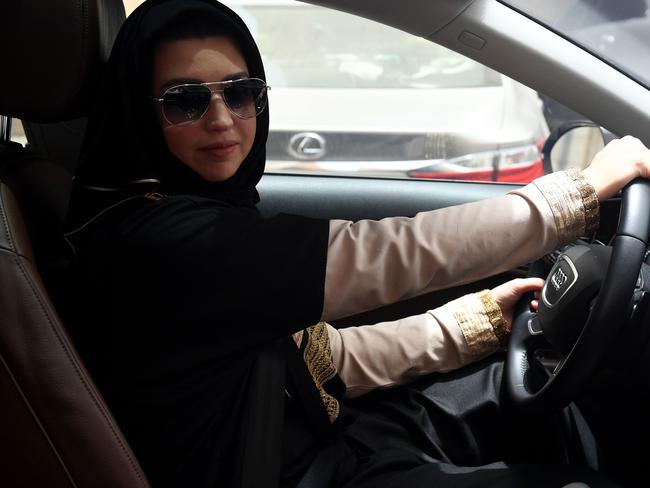
Prince Mohammed is set to inherit a country where more than half of its 20 million citizens are under the age of 25. Many are active on social media, where Saudis are vocal about the pace of change.
Just last week, conservative citizens took to YouTube and Twitter to criticise a Russian circus that included female performers in body-hugging leotards.
Before the show could finish its four-day run in Riyadh, the king had fired the head of the entertainment authority.
Under the crown prince, the message pushed by officials is that Saudi Arabia is modernising, not Westernising. The prince has branded the reforms as a return to “moderate Islam”.
Even the country’s ultraconservative clerics, who for decades warned against allowing women to work and drive, have toed the line with muted statements of support.


